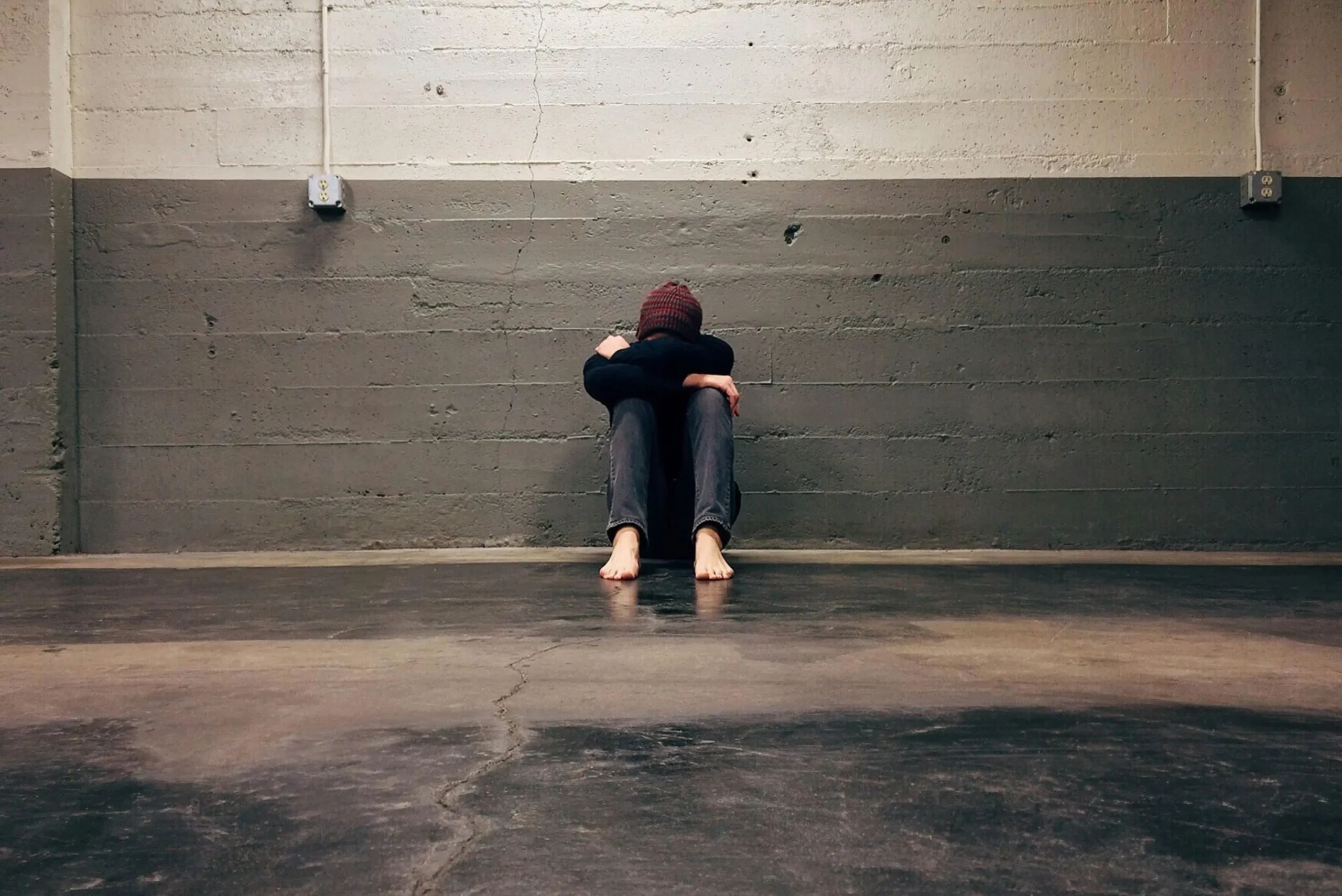Mental health is essential to our overall well-being, but it is often neglected compared to physical health concerns.
This article will help you recognize the signs it’s time for inpatient mental health treatment.
Identifying these signs is important because it can significantly improve one’s mental health and overall quality of life.
Understanding Inpatient Mental Health Treatment
Inpatient mental health treatment refers to comprehensive, round-the-clock care provided in a specialized facility.
This type of treatment is designed for individuals who require care beyond what outpatient services offer.
Inpatient facilities provide a structured environment, often including therapy sessions, medication management, and support for daily living activities.
The key difference between inpatient and outpatient services lies in the intensity and immediacy of care.
While outpatient services allow individuals to maintain their daily routines, inpatient treatment requires a temporary pause from these routines to focus entirely on recovery.
This immersive approach is crucial for addressing acute mental health crises or severe symptoms that cannot be safely managed in a less controlled environment.1
Key Signs Indicating the Need for Inpatient Treatment
Identifying the need for inpatient mental health treatment is critical for ensuring timely and effective care.
Several key signs may indicate that an individual requires more intensive support than what outpatient services can provide.
These signs include:
1. Severe Behavioral Changes: Drastic or sudden changes in behavior, such as extreme aggression, withdrawal from social interactions, or a noticeable decline in personal care, can be indicative of a more profound mental health crisis. |
2. Inability to Perform Daily Activities: When mental health issues become so overwhelming that they interfere with daily responsibilities like work, school, or personal care, it may be time to consider inpatient treatment. |
3. Risk of Harm to Self or Others: Perhaps the most critical sign is when there’s a risk of self-harm or harm to others. This situation necessitates immediate intervention, often best handled in an inpatient setting where safety can be ensured. |
4. Persistent or Worsening Symptoms: Symptoms that continue to persist or worsen despite outpatient treatment could indicate the need for a more intensive inpatient approach. |
5. Frequent Mental Health Crises: Frequent episodes of mental health crises, such as panic attacks or manic episodes, may require the stability and constant care of inpatient treatment. |
6. Lack of Support at Home: In cases of insufficient support or unsafe conditions at home, inpatient treatment can provide a safe and supportive environment for recovery. |
7. Difficulty Managing Medications: Difficulty managing medications, including non-compliance or adverse reactions, might necessitate inpatient care for proper medication management and monitoring.2 |
8. Need for Diagnostic Evaluation: Inpatient facilities can provide comprehensive evaluations and assessments in complex cases where a definitive diagnosis has not been made. |
Substance Abuse and Co-occurring Disorders
The intersection of substance abuse and mental health disorders presents a complicated challenge for mental healthcare.
Often, people who struggle with mental health conditions may turn to substance abuse as a misguided coping mechanism.3
This can trigger a harmful cycle where substance abuse exacerbates mental health symptoms and vice versa, leading to more complicated diagnoses and treatment.
This condition, known as co-occurring disorders or dual diagnosis, requires a nuanced understanding and a comprehensive treatment approach.
Relationship Between Substance Abuse and Mental Health
The relationship between substance abuse and mental health is complex.
Substance use can make it challenging to diagnose mental health disorders by either masking or intensifying their symptoms.
Moreover, it can hinder effective treatment as substances may interact unpredictably with mental health medications or therapy.
Inpatient mental health treatment facilities, are uniquely positioned to address these complexities as they provide a controlled environment where both issues can be treated concurrently, offering a more comprehensive and effective approach to recovery.
Challenges in Identifying Co-occurring Disorders
Identifying co-occurring disorders can be challenging due to the intertwined nature of substance abuse and mental health symptoms.
Substance use can mimic or worsen mental health symptoms, which can lead to misdiagnosis or incomplete treatment plans.
Therefore, a thorough and multi-faceted assessment by experienced professionals is necessary to accurately diagnose both the substance abuse and underlying mental health issues.
An accurate diagnosis is crucial in formulating an effective treatment strategy for both issues.
Importance of an Integrated Treatment Approach
Effective treatment of co-occurring disorders necessitates an integrated approach that addresses both substance abuse and mental health issues concurrently.
Focusing solely on one aspect, be it substance abuse or mental health condition, often results in partial recovery and a higher risk of relapse.
Inpatient treatment facilities are specifically designed to offer this integrated care.
They provide a range of therapeutic interventions, including medication management, counseling, and support groups, tailored to treat co-occurring disorders.
This comprehensive approach is essential for long-term recovery and maintaining mental health stability.
Impact of Neglecting Timely Treatment
Long-Term Consequences of Untreated Mental Health Issues
When mental health conditions are left untreated, they can worsen over time, potentially leading to chronic and more severe psychological issues.
This escalation can make the recovery process more difficult and prolonged.
In some cases, the damage to an individual’s mental well-being might become irreversible, profoundly affecting their quality of life.
The long-term implications of untreated mental health issues underscore the importance of seeking timely and appropriate treatment, especially when symptoms first appear.
Social Impacts
The social consequences of untreated mental health issues are significant.4
Individuals struggling with mental health problems may find it increasingly difficult to maintain relationships and engage in social activities.
This withdrawal can lead to a sense of isolation, which not only worsens their mental health condition but also puts a strain on their relationships.
The ripple effect of this isolation can extend to family, friends, and the broader community, often leading to a breakdown in support systems crucial for recovery and well-being.
Personal and Professional Impacts
On a personal level, untreated mental health issues can profoundly impact an individual’s self-esteem, decision-making capabilities, and overall satisfaction with life.
These issues can infiltrate every aspect of personal life, from daily routines to long-term goals.
Professionally, the consequences are equally severe.
Mental health struggles can result in decreased productivity, increased absenteeism, and, in severe cases, job loss.
This not only affects the individual’s career prospects but can also lead to financial instability, further exacerbating their mental health challenges.
Each of these aspects highlights the critical need for timely intervention in mental health issues.
Delaying or neglecting treatment can have far-reaching consequences that affect the individual and their social and professional circles.
Navigating Treatment Options
How to Choose the Right Inpatient Facility
Selecting the appropriate inpatient mental health facility is a decision that can significantly influence the recovery process.
When choosing a facility, it’s essential to consider the variety of therapies they offer, ensuring they align with the individual’s specific needs.
The qualifications and experience of the staff are equally important, as they play a pivotal role in providing effective care.
The overall environment of the facility should foster a sense of safety and comfort.
Additionally, success rates can be a valuable indicator of the facility’s effectiveness.
For those with co-occurring disorders, it’s crucial to choose a facility that has the expertise and resources to manage these complex conditions, ensuring a comprehensive approach to treatment.
Considerations for Personalized Treatment Plans
A personalized treatment plan is key in addressing an individual’s unique mental health needs.
This plan should be a dynamic blueprint for recovery, encompassing various therapeutic modalities like individual therapy, group therapy, medication management, and holistic approaches such as mindfulness or art therapy.
The flexibility of the treatment plan is vital; it should evolve as the individual progresses, adapting to their changing needs and circumstances.
Personalized plans ensure that treatment is not a one-size-fits-all approach but rather a tailored journey toward healing and recovery, taking into account the individual’s specific mental health challenges, personal preferences, and life circumstances.

Embark on a Journey of Healing
Experience the Care of Choosing Cornerstone Healing Center!
Recognizing the signs that indicate the need for inpatient mental health treatment is a crucial step in effectively addressing mental health challenges.
Delaying treatment can have serious consequences, so selecting a suitable facility and treatment plan is essential.
At Cornerstone Healing Center in Arizona, you’ll find more than just treatment; you’ll discover a community dedicated to nurturing your journey toward healing.
We provide comprehensive mental health treatment with specialized care for those facing co-occurring addiction challenges.
Our holistic approach addresses individual needs in a supportive and compassionate environment, ensuring that every aspect of your well-being is cared for.
Cornerstone Healing Center is where healing begins, hope is renewed, and lives are changed.
Please get in touch with us today to start your healing journey.
Let us walk you on this path to a healthier, happier life!










